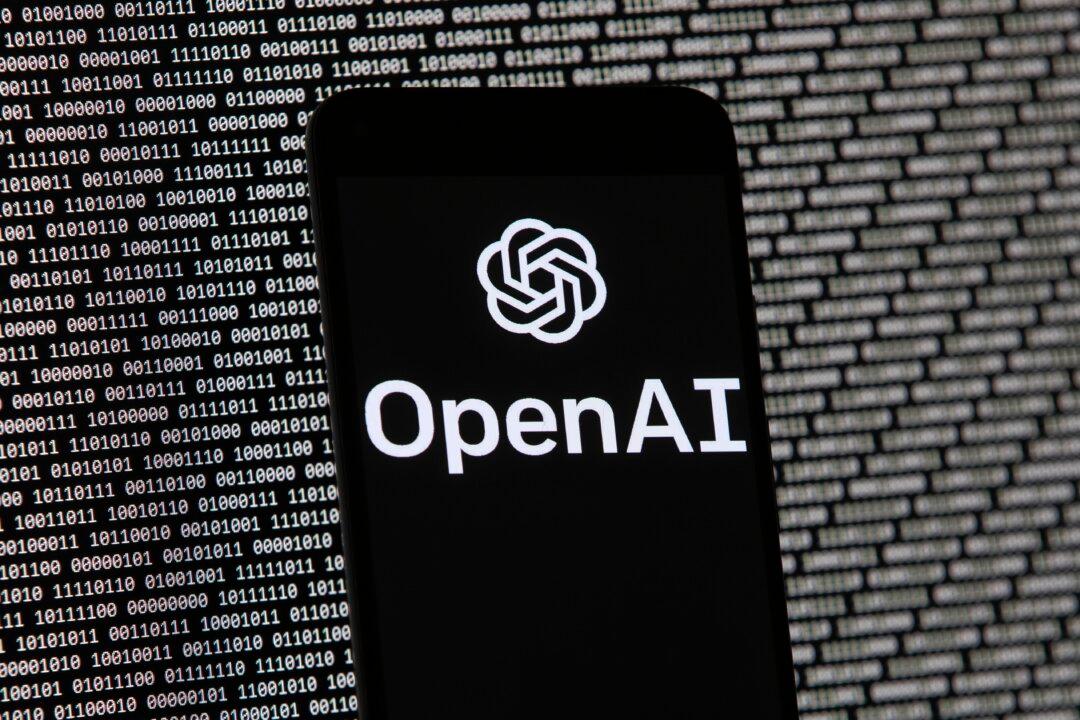Tech billionaire Elon Musk’s bid to acquire ChatGPT-maker OpenAI has been rejected by the company’s board of directors.
“OpenAI is not for sale, and the board has unanimously rejected Mr. Musk’s latest attempt to disrupt his competition,” Bret Taylor, chair of OpenAI’s board, said in a statement on Feb. 14. “Any potential reorganization of OpenAI will strengthen our nonprofit and its mission to ensure AGI benefits all of humanity.”





